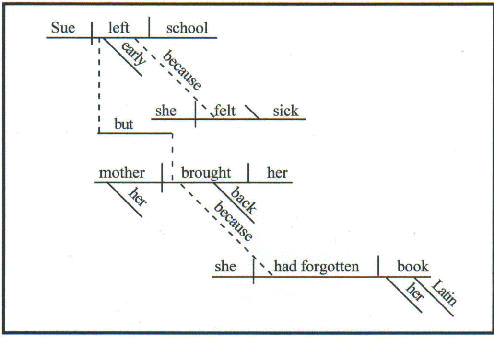How To Use Conjunctions (5)
(https://en.wikipedia.org/wiki/Conjunction_(grammar)#Subordinating_conjunctions)
(Today’s Topic – ‘Kara/Because’)
According to “Japanese Grammar” (Keiko Uesawa Chevray & Tomiko Kuwahira, McGraw-Hill, 2011), “Kara” is explained this way: The “kara” clause indicates the “reason” for the main clause, and it corresponds to “because” in English. Since the “kara” clause is a subordinate one, the predicate in the clause is usually described in the plain form, and the subject in the clause is marked by “ga” when it is different from the one in the main clause.
I. Copula + kara
Kino-wa hima datta kara, eiga-wo mini ikimashita. (= I went to see a movie because I was free yesterday.)
II. I-adjective + kara
Kono resutoran-wa ryori-ga oishii-kara, ninki-ga arimasu. (= This restaurant is popular because it serves delicious food.)
III. Verb + kara
Ame-ga futte iru-kara, sanpo-wa shimasen. (= I will not take a walk because it’s raining.)
Quiz: Translate the sentence above
into Japanese (either Romaji or Regular Japanese)
and email it to me!
The first 3 people will get
FREE 30 minutes one-on-one lesson with ME!
Special Trial Lesson $19.99 <– Click here!
What are you waiting for!?






